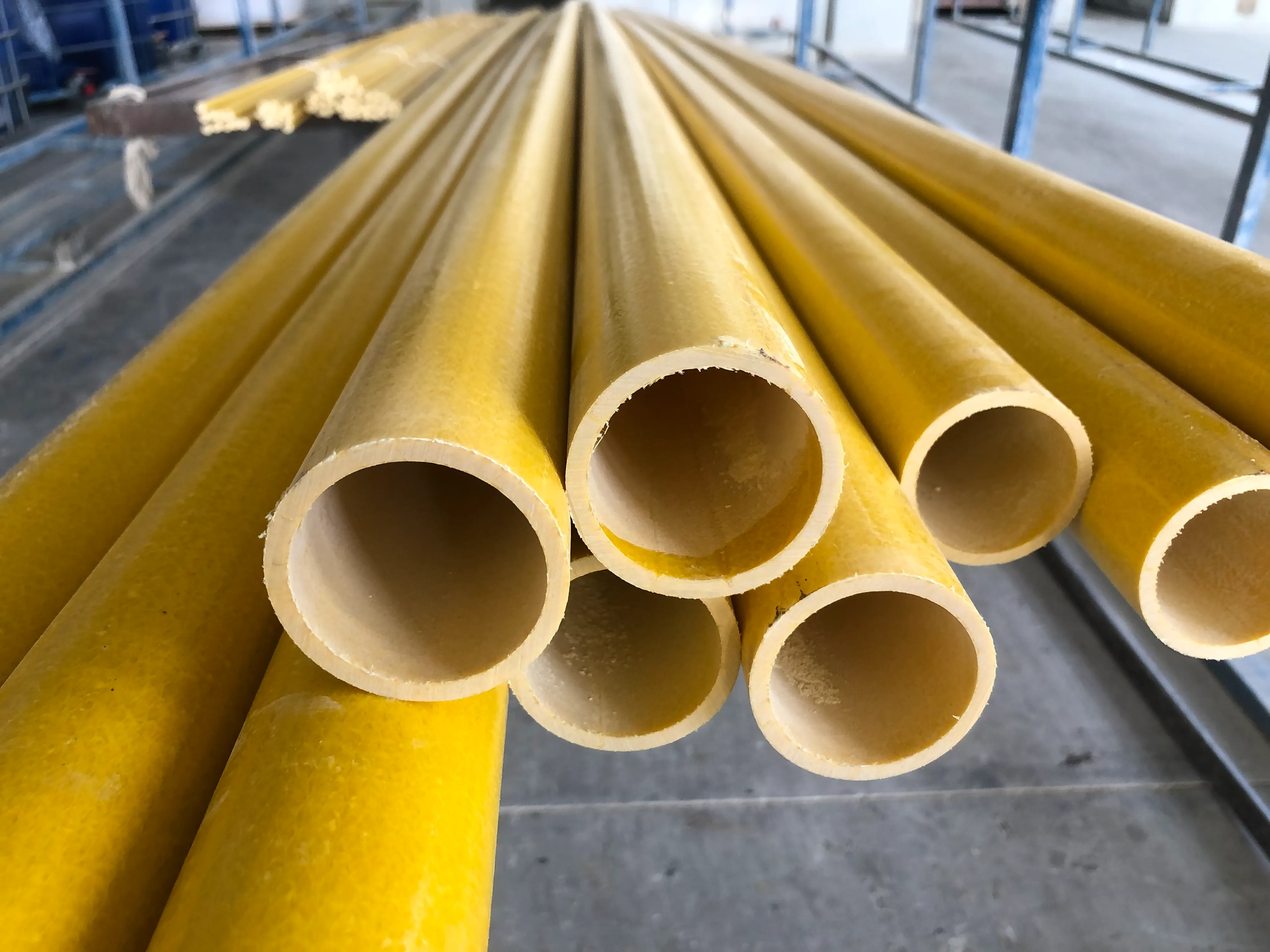loading...
- No. 9, Xingyuan South Street, Dongwaihuan Road, Zaoqiang County, Hengshui, Hebei, China
- admin@zjcomposites.com
- +86 15097380338
- Welcome to visit our website!
Versatile Applications of FRP Round Tubes in Construction and Manufacturing
The Applications and Benefits of FRP Round Tubes
Fiberglass Reinforced Plastic (FRP) is a composite material made from a polymer matrix reinforced with fibers, offering enhanced strength and durability. Among its various forms, FRP round tubes have gained popularity in numerous industries due to their unique characteristics and versatile applications. This article delves into the significance of FRP round tubes, highlighting their benefits and common uses.
Strength and Durability
One of the most notable features of FRP round tubes is their exceptional strength-to-weight ratio. They are significantly lighter than traditional materials like steel or aluminum, making them easier to handle and install without compromising structural integrity. The hardiness of FRP against corrosion and environmental factors ensures that these tubes maintain their performance over time, even in harsh conditions. This durability minimizes maintenance costs and extends the life cycle of structures and components that utilize them.
Lightweight and Cost-Effective
The lightweight nature of FRP round tubes not only supports easier transportation and installation but also reduces the overall load on supporting structures. This characteristic is particularly beneficial in construction applications where weight restrictions are critical. Additionally, the long-term cost savings associated with reduced maintenance and replacement ultimately make FRP a more economical choice despite potentially higher initial costs.
Versatile Applications
FRP round tubes have a diverse range of applications across various industries, including
1. Construction and Architecture In modern architectural designs, FRP round tubes can be found in structural components, handrails, and support columns, thanks to their aesthetic appeal and ability to be molded into various shapes. Their resistance to corrosion makes them particularly suitable for outdoor structures.
frp round tube

2. Marine Industry The marine sector benefits immensely from FRP round tubes due to their water resistance and lightweight properties. They are commonly used in boat manufacturing, dock structures, and other marine applications where exposure to saltwater can lead to rapid deterioration of conventional materials.
3. Chemical Industry Understanding the aggressive nature of many chemicals, the chemical industry often employs FRP round tubes for piping and storage. Their resistance to a wide range of corrosive substances adds to the safety and reliability of plant operations.
4. Electrical and Telecommunications FRP is an excellent insulator. Hence, FRP round tubes are frequently used in electrical and telecommunication applications, such as cable conduits, where electromagnetic interference needs to be minimized.
5. Sports and Recreation The sporting industry utilizes FRP round tubes in various applications, such as poles for sports equipment (like flagpoles) and components in recreational vehicles. Their design allows for both high performance and aesthetic versatility.
Environmental Impact
An increasingly significant factor in choosing materials today is sustainability. FRP round tubes can be produced using recyclable materials, contributing to environmental conservation. Additionally, their long lifespan reduces the need for frequent replacements, conserving resources over time.
Conclusion
In summary, FRP round tubes represent a remarkable fusion of strength, versatility, and durability, making them a preferred choice in numerous applications. Their lightweight nature and resistance to environmental factors create ongoing benefits for industries ranging from construction to marine and telecommunications. As technology advances, the potential applications of FRP round tubes will likely expand, paving the way for innovative solutions that meet both industrial demands and environmental concerns. Choosing FRP round tubes not only enhances performance but also contributes to a more sustainable future, making them a smart choice for today's projects and beyond.
-
The Rise of FRP Profiles: Strong, Lightweight, and Built to LastNewsJul.14,2025
-
SMC Panel Tanks: A Modern Water Storage Solution for All EnvironmentsNewsJul.14,2025
-
GRP Grating: A Modern Solution for Safe and Durable Access SystemsNewsJul.14,2025
-
Galvanized Steel Water Tanks: Durable, Reliable, and Ready for UseNewsJul.14,2025
-
FRP Mini Mesh Grating: The Safer, Smarter Flooring SolutionNewsJul.14,2025
-
Exploring FRP Vessels: Durable Solutions for Modern Fluid HandlingNewsJul.14,2025
-
GRP Structures: The Future of Lightweight, High-Performance EngineeringNewsJun.20,2025
